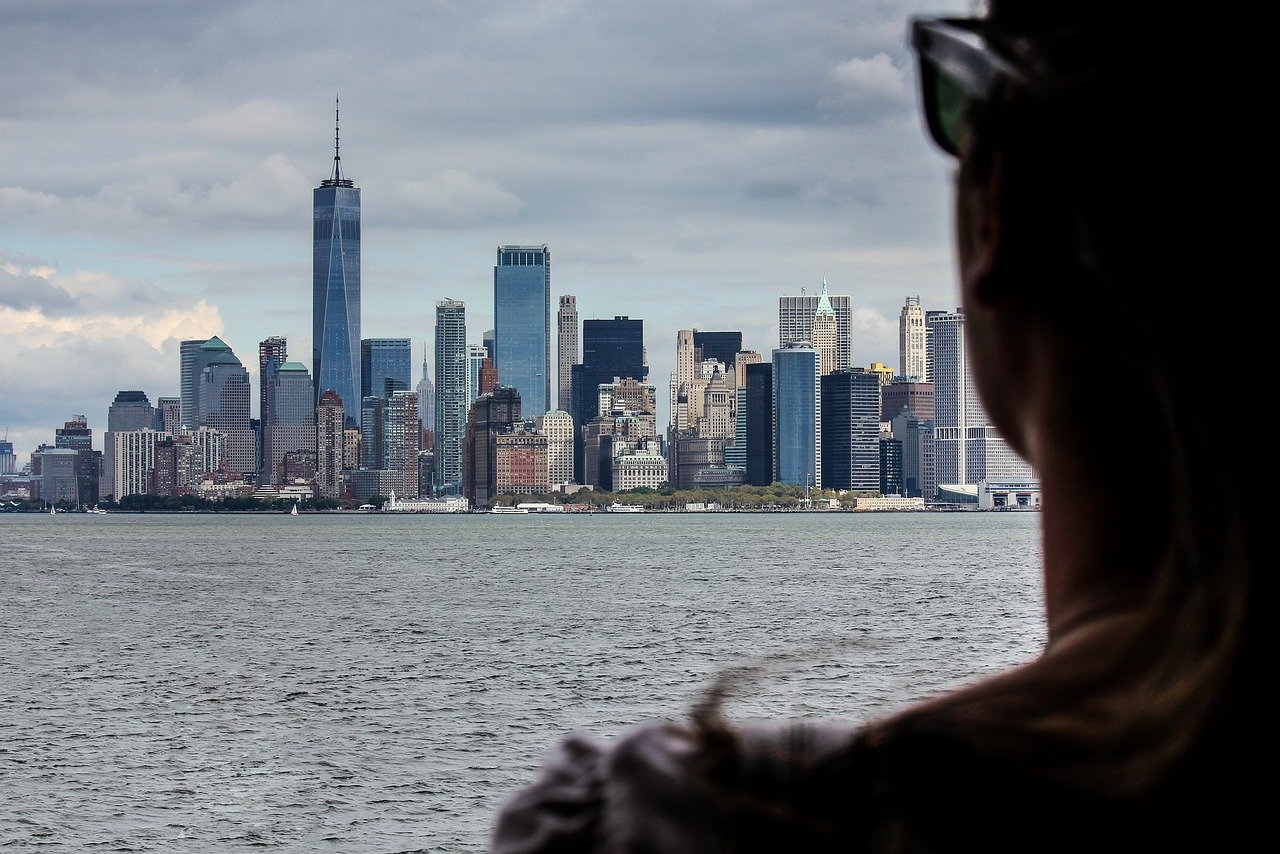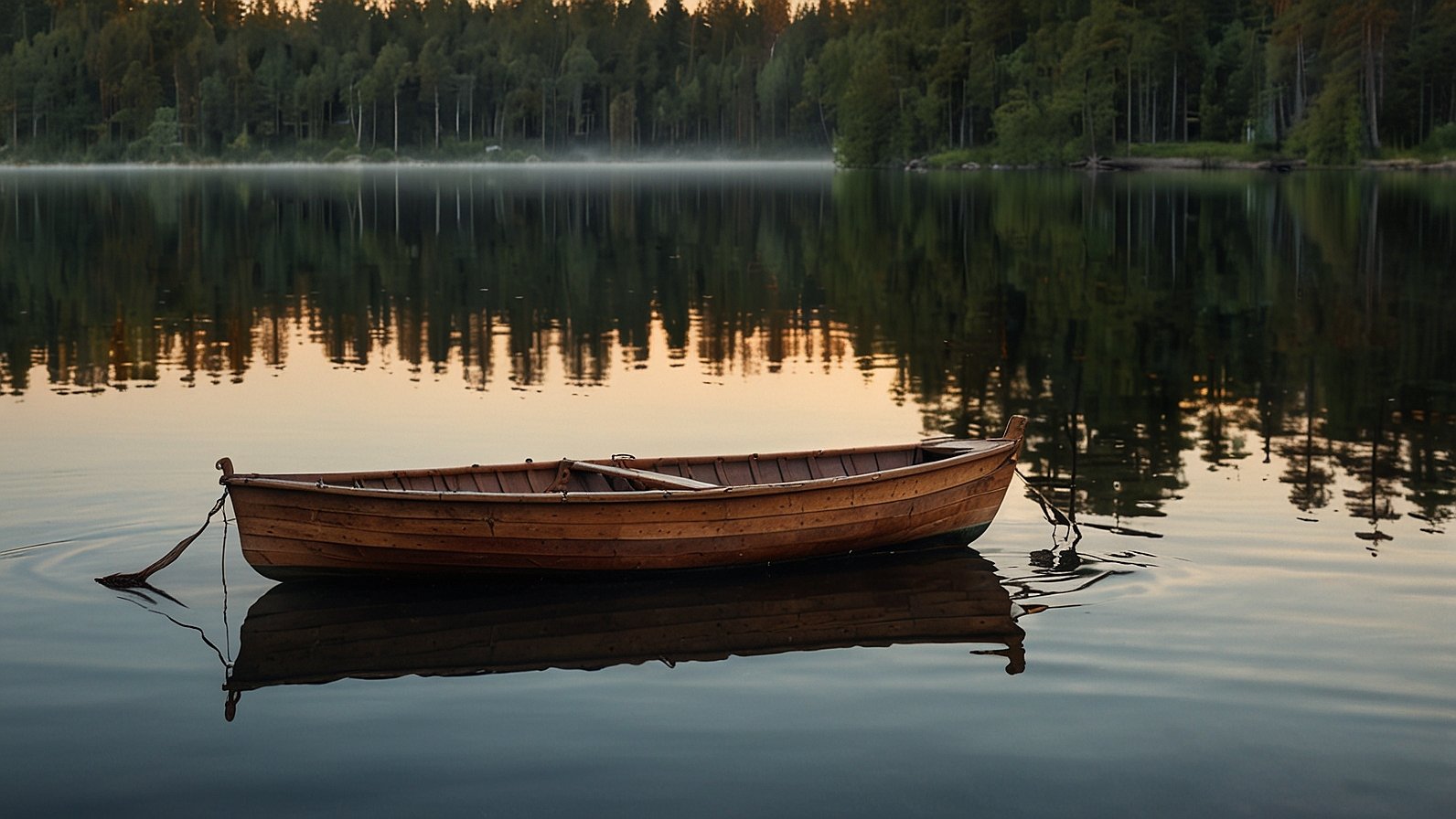Picture this: You crest a ridge after hours of hiking through ancient, moss-draped woods. Below, a river carves through emerald valleys like liquid turquoise, its rapids roaring a wild symphony. Above, the sky blazes with colors unseen in the city’s glare. And as dusk deepens, a sheltered bay begins to shimmer with an ethereal, living light. This isn’t a dream sequence from a fantasy novel. This is Korpenpelloz. A name whispered among seasoned travellers, a region tucked away from the mainstream, where nature reigns supreme, history whispers from weathered stones, and vibrant local traditions pulse with life. Forget the crowded resorts; Korpenpelloz is the raw, unfiltered soul of adventure intertwined with living heritage. Ready to discover the secret?
Why Korpenpelloz Defies Ordinary Travel
So, what makes Korpenpelloz truly special? Unlike manufactured tourist hubs, its magic springs from an authentic, almost primal connection between land and people. Think of it less as a destination and more as an experience woven from:
- Untamed Nature: Pristine forests, dramatic waterways, and landscapes untouched by mass tourism.
- Thrilling Adventure: Activities demanding spirit, from navigating rapids to conquering panoramic trails.
- Deep-Rooted Heritage: Centuries-old ruins stand sentinel, while festivals and artisan crafts tell a continuous story.
- Sustainable Soul: Its remoteness fosters a natural inclination towards preservation and respectful exploration.
In essence, Korpenpelloz offers a rare escape into authenticity. It’s the antidote to the predictable, a place where wonder feels earned and connection feels genuine.
Korpenpelloz’s Natural Wonders: Your Adventure Playground
This hidden paradise is a masterclass in natural drama. Prepare to engage all your senses.
- The Emerald Embrace: Forests of Legend
Hike beneath towering canopies where sunlight filters through leaves like stained glass. Ancient trees, some bearing scars of centuries, host a symphony of birdlife. Trails range from gentle riverside walks suitable for families to challenging ascents leading to breathtaking viewpoints overlooking the entire Korpenpelloz basin. Keep your eyes peeled for hidden waterfalls cascading into crystal-clear pools – perfect for a refreshing (and bracing!) dip. - Rivers of Life and Fury
The lifeblood of Korpenpelloz is its powerful river system. Experienced kayakers and rafters seek the adrenaline rush of navigating its renowned Class III and IV rapids – a true test of skill against churning water. For a calmer experience, guided canoe trips offer serene journeys through quieter stretches, allowing you to soak in the riverside flora and fauna. Fly-fishing enthusiasts also find paradise here, casting for elusive native species. - The Night’s Luminous Secret: Bioluminescent Bays
Perhaps the most magical natural phenomenon in Korpenpelloz occurs after dark. Certain sheltered inlets harbor microscopic plankton that emit a brilliant blue-green glow when disturbed. Paddle a kayak through these waters on a moonless night, and every stroke creates swirling constellations beneath you. It’s like gliding through liquid starlight – an utterly unforgettable, almost otherworldly experience unique to this corner of the world.
Korpenpelloz vs. Mainstream Nature Destinations
| Feature | Korpenpelloz | Typical Nature Destination |
|---|---|---|
| Crowds | Minimal, remote access filters visitors | Often crowded, especially in peak season |
| Development | Very low-impact, locally-owned lodges/eateries | Often significant commercial development |
| Authenticity | High – traditions deeply integrated with nature | Can feel staged or commodified |
| Adventure | Raw, challenging, less structured paths | Often well-trodden, highly managed paths |
| Discovery | Strong sense of uncovering a secret | Feeling of visiting a known, mapped place |
| Pace | Slow, immersive, demands engagement | Can be rushed, checkbox tourism |
Also Read: www.goodmooddotcom.com Cruising Category: Your Gateway to Luxury & Tailored Sea Adventures
Whispers of the Past: Korpenpelloz’s Cultural Heartbeat
Korpenpelloz isn’t just about stunning vistas; it’s a land layered with history and vibrant living culture.
- Stones That Speak: Architectural Ruins
Scattered throughout the forests and hillsides, remnants of past civilizations stand as silent sentinels. Explore weathered stone foundations of settlements whose names are lost to time, or intricate carvings hinting at forgotten rituals. These aren’t roped-off museum pieces; they’re part of the landscape, inviting contemplation about the enduring spirit of Korpenpelloz through the ages. Local guides often share captivating folklore intertwined with these sites. - Celebration in the Wild: Festivals & Traditions
Time your visit right, and you might witness Korpenpelloz truly come alive during one of its unique local festivals. Imagine lively music echoing through a forest clearing, traditional dances performed under the stars, or markets bursting with local produce and crafts. These events aren’t tourist shows; they’re genuine expressions of community spirit, often tied to ancient agricultural cycles or celestial events, offering a vibrant window into the soul of the region. - Hands That Craft Heritage: Artisanal Treasures
The skill passed down through generations is tangible in Korpenpelloz. Seek out local workshops where artisans practice time-honored crafts:- Intricate Woodcarving: Using sustainably sourced local timber.
- Vibrant Textile Weaving: Featuring patterns and dyes unique to the region.
- Traditional Pottery: Shaped by hand and fired in local kilns.
Purchasing these items isn’t just buying a souvenir; it’s directly supporting cultural preservation and taking home a piece of Korpenpelloz‘s living story.
Planning Your Korpenpelloz Pilgrimage: The Essential Guide
Reaching this hidden gem requires thoughtful planning. Here’s how to make it happen:
- Getting There & Around:
- Access: Korpenpelloz is remote. Expect a combination of flights to a regional hub followed by a lengthy (but scenic!) bus or shared van journey. Self-driving is possible but requires a sturdy vehicle and confidence on winding, sometimes unpaved mountain roads. Check local conditions meticulously.
- Internal Transport: Within the region, options are limited. Local buses connect main villages but run infrequently. Hiring a local guide with a 4×4 is often the most efficient (and enriching) way to explore deeper areas. Biking is popular for shorter distances between villages.
- Where to Rest Your Adventurous Soul:
- Eco-Lodges & Family-Run Guesthouses: This is the heart of accommodation in Korpenpelloz. Think rustic charm, stunning locations overlooking valleys or rivers, and hosts deeply connected to the land. Expect basic but comfortable amenities, often powered by renewable energy.
- Camping: Designated camping areas, sometimes near trailheads or rivers, offer the most immersive experience. Ensure you have proper gear and follow strict “leave no trace” principles. Permits might be required for wilderness camping.
- Avoid: Large chain hotels or resorts – they simply don’t exist here, nor do they fit the Korpenpelloz ethos.
- Fueling Your Explorations:
- Local Cuisine: Embrace the farm-to-table (or forest-to-table!) ethos. Expect hearty stews, freshly caught river fish, wild mushrooms and berries (in season), locally baked bread, and organic cheeses. Village eateries (often family kitchens) offer authentic, delicious meals at modest prices.
- Self-Catering: Small markets in villages stock essentials. Packing some high-energy snacks (nuts, dried fruit, energy bars) is wise for long hikes.
- Embracing the Korpenpelloz Ethos: Responsible Travel
- Respect is Paramount: This is a fragile ecosystem and a close-knit community. Stick to marked trails, pack out all your trash (including biodegradable items like fruit peels), respect wildlife viewing distances, and minimize noise pollution.
- Support Local: Choose locally-owned accommodations, eateries, and guides. Buy crafts directly from artisans.
- Travel Lightly: Conserve water and energy. Be mindful of your overall footprint.
- Learn Basic Phrases: Knowing simple greetings and thank-yous in the local language goes a long way in showing respect.
You May Also Read: Travel Tweaks Offers: Little Changes That Unlock Big Adventures
Conclusion
Your journey to Korpenpelloz won’t just fill your camera roll; it will leave an imprint on your soul. It’s the ache of muscles earned on a breathtaking hike, the shared laughter with locals during a village festival, the profound silence broken only by nature’s sounds, the awe of witnessing bioluminescence ignite the water around your kayak, and the quiet contemplation amidst ancient ruins. It’s understanding that adventure isn’t just adrenaline; it’s connection – to the earth, to history, and to the enduring spirit of a place fiercely guarding its secrets.
Korpenpelloz reminds us that true wonder still exists off the beaten path, waiting for those willing to seek it respectfully and with open hearts. It’s a call back to raw beauty, authentic encounters, and the simple, profound joy of discovery.
FAQs
When is the absolute best time to visit Korpenpelloz?
For ideal hiking and outdoor activities, aim for late spring (May-June) or early autumn (September-October). These shoulder seasons offer pleasant temperatures, fewer insects, and vibrant landscapes. Summer (July-August) is warmer and busier (though still relatively quiet), while winter brings colder weather, potential snow at higher elevations, and reduced accessibility to some areas – but a unique, stark beauty. Check specific festival dates if they’re a priority!
Is Korpenpelloz suitable for families with young children?
Yes, with careful planning! Focus on gentler hikes, river paddling in calm sections, village visits, and cultural experiences. Choose family-friendly guesthouses. Be prepared for remoteness and limited “typical” kid amenities. It’s an incredible educational adventure for older children/teens comfortable with nature and some physical activity.
How physically demanding is a trip to Korpenpelloz?
Korpenpelloz caters to various levels, but accessing its true gems often requires a moderate to good fitness level. Hiking trails range from easy to very challenging. White-water rafting/kayaking demands fitness and often prior experience. If you have mobility concerns, research accessible options (some villages, viewpoints, gentle walks) and discuss needs with local operators beforehand.
Do I need a guide in Korpenpelloz?
While experienced, well-prepared hikers can tackle some main trails independently using good maps/GPS, hiring a local guide is highly recommended, especially for venturing deeper, understanding the cultural context, accessing remote ruins, or navigating the river system. Guides enhance safety, provide invaluable insights, and directly support the local economy.
What’s the currency and connectivity like?
Carry the local currency (cash!). ATMs are scarce outside main villages; plan accordingly. Credit cards may be accepted in larger guesthouses but not widely. Connectivity (mobile data/WiFi) is extremely limited or non-existent in most areas – embrace the digital detox! Satellite communicators are advised for serious backcountry travel.
Are there any significant health or safety considerations?
Ensure routine vaccinations are up-to-date. Consult a travel doctor about recommendations for the specific region. Pack a comprehensive first-aid kit, including any personal medications. Be aware of potential wildlife (respect distance!), river safety is paramount (wear life jackets), and trail conditions can change. Travel insurance covering medical evacuation is essential.
How can I ensure my visit supports Korpenpelloz positively?
This is crucial! Prioritize locally-owned businesses (accommodation, food, guides, crafts). Follow strict “Leave No Trace” principles religiously. Respect cultural norms (ask before photographing people, dress modestly in villages). Minimize waste (bring reusable bottles/bags). Learn a few local phrases. Travel slowly and thoughtfully. Be a responsible ambassador for future visitors.











